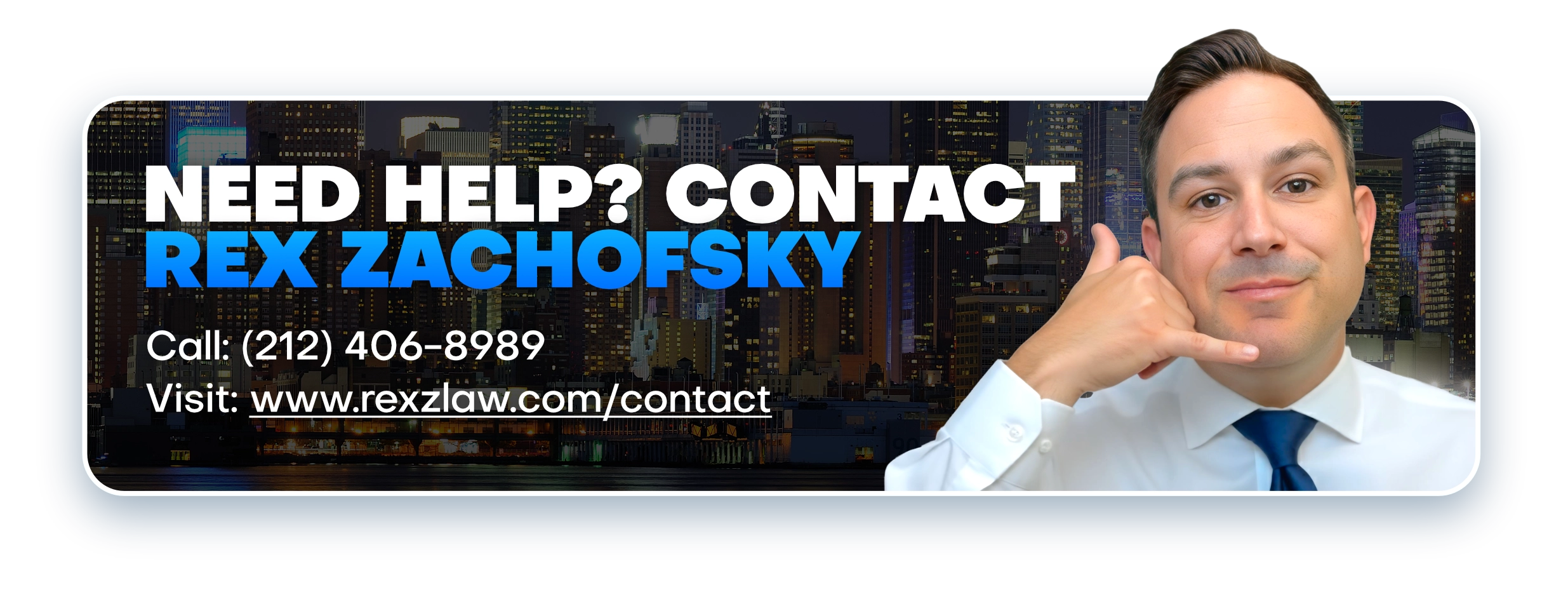Here’s the deal: in a workers’ comp case, one number controls almost everything—your Average Weekly Wage, or AWW. Let's get into what AWW actually means, how it’s figured out, and what you can do if you think yours is off.
Your AWW is the backbone of your whole case—it’s what your benefits are based on. It represents what you really earned before getting hurt. Every weekly check and settlement offer comes from this number.
If it’s too low, you lose money every single week. Just being off by $100 can snowball into tens of thousands over time. It’s not just a number—it’s your financial foundation while you recover.
How AWW Impacts Your Benefits
Most workers’ comp benefits are two-thirds of your gross weekly pay, up to a state limit. That’s why accuracy matters.
If your AWW is $900, you’ll get about $600 a week. But if the insurer reports $800, your check drops to around $533. That’s a $67 difference every week—over $3,000 a year gone.
Always double-check the math. When your AWW’s right, your benefits match your real income. When it’s wrong, you’re paying for someone else’s mistake.
AWW is based on your gross pay—the money you earned before taxes and deductions—over the 52 weeks before your injury.
In New York, your employer fills out a C-240 form listing your gross weekly earnings. The problem? The Workers’ Comp Board usually accepts that number without checking your actual pay stubs. If your employer or insurer leaves something out, your AWW comes in low.
Ask to see the form. Compare it with your records. Make sure it includes everything—your base pay, overtime, bonuses, and tips.
Yep, it can—and by a lot. It’s called concurrent employment, and it means if you had more than one job when you got hurt, you can usually combine the income from both to raise your Average Weekly Wage (AWW).
Here’s how it works: say you made $600 a week at your main job and $300 at your weekend gig. If only one job counts, your check’s based on $600. But if both are covered by workers’ comp, your AWW becomes $900—bumping your benefit from about $400 to $600 a week.
The catch? Both jobs have to be covered by workers’ comp, and you’ll need proof—like pay stubs, W-2s, or a short letter from your boss. Off-the-books work or side hustles that don’t carry coverage (like babysitting) usually don’t count.
If this sounds like you, tell your lawyer right away. Most insurance companies won’t ask—and they definitely won’t offer to pay you more unless you bring it up.
Here’s how insurance companies quietly shave money off your claim:
They’re not doing you favors—so check their math. Ask to see your wage form and compare it to your pay stubs.
Start by not assuming the insurance company got it right. Your Average Weekly Wage (AWW) depends on what you can prove you earned—so the more organized you are, the better.
Keep your records. Save every pay stub, W-2, 1099, tax return, and any letters showing your hours or pay. If you worked more than one job, keep records for all of them.
Ask for the wage form. In New York, that’s the C-240. Review it yourself. Make sure it includes your overtime, bonuses, tips, or anything else that adds to your income.
Do the math. Add up your gross pay and divide by the number of weeks you worked. If the number on your paperwork looks low, speak up. Even a $50 mistake adds up fast.
Work with a lawyer who double-checks. An experienced comp attorney will spot missing income, request corrections, and make sure your AWW is set without prejudice (so it can be adjusted later if needed).
If you think your AWW might be off, give me, Rex Zachofsky, a call. We’ll go over your numbers together and see what’s missing. No pressure, no sales pitch—just a straight conversation about how to get it right.
